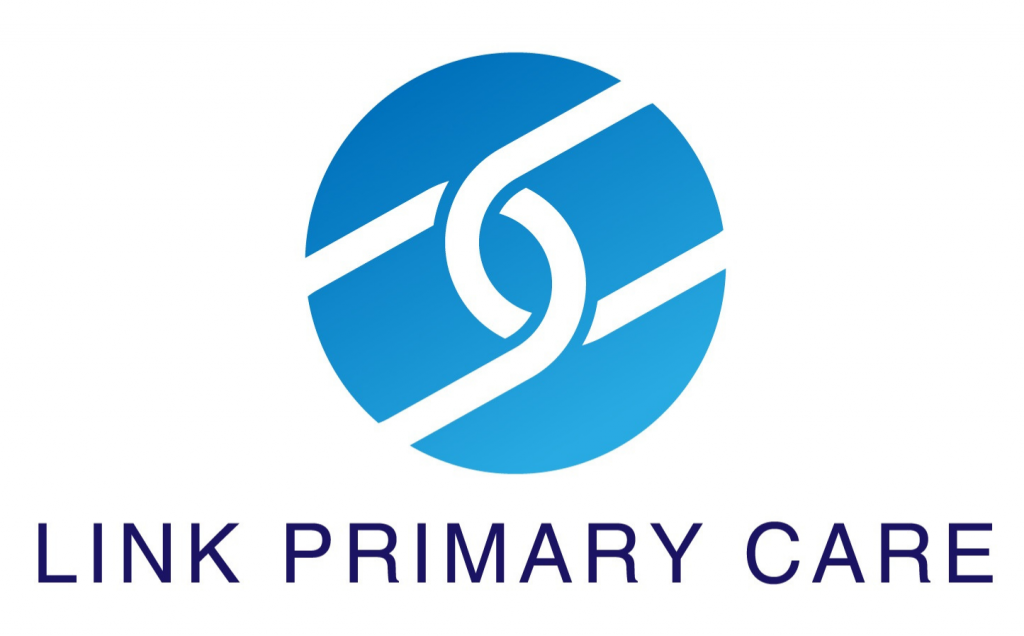Vaccinations are one of the most important tools for preventing serious illnesses in children, decreasing infant mortality by 40% over the past 50 years. Yet, as a mom of small children, you may have concerns about the safety of vaccines. The constant influx of information from news outlets, social media, and even well-meaning friends can be overwhelming. You may wonder if you’re doing the right thing, and more importantly, you want to have a reasonable conversation with a doctor who understands your concerns—without feeling judged.
If you’re seeking clarity about vaccinations, we believe that you deserve answers grounded in medical expertise and empathy. At Link Primary Care, we are committed to providing moms with a safe, judgment-free space to discuss all your questions. Our approach prioritizes trust, personal relationships, and accessible care, and we understand that every family’s situation is unique.
Why Moms Are Concerned About Vaccine Safety
Before we dive into the key topics about vaccines, it’s important to acknowledge why some parents feel hesitant. Many moms have concerns due to:
Misinformation: With so much conflicting information online, it’s hard to know what’s true and what isn’t.
Side Effects: Stories of adverse reactions, even rare ones, may give you pause.
Ingredients in Vaccines: Concerns about substances like preservatives or additives used in vaccines are common.
The Number of Vaccines: The number of shots a child gets at a young age can be overwhelming, and some worry about their immune systems handling multiple vaccines at once.
These concerns are valid and worth discussing. You deserve to understand the science, the risks, and the benefits of vaccines so that you can make informed decisions for your children.
The Basics: How Vaccines Work
Vaccines are designed to protect your child from potentially life-threatening illnesses by preparing their immune system to recognize and fight specific infections. When a vaccine is administered, it introduces a weakened or inactive form of a pathogen, such as a virus or bacteria, into the body. This doesn’t cause any diseases, but it teaches the immune system how to respond.
Once exposed to the vaccine, the immune system builds up antibodies, which are like “soldiers” ready to fight off future encounters with the real disease. This process prevents illness by either stopping the infection altogether or reducing its severity.
Are Vaccines Safe?
The short answer is yes—vaccines are rigorously tested and monitored to ensure their safety and effectiveness. Before any vaccine is approved for use, it undergoes clinical trials to ensure that the vaccine is both safe and effective. Additionally, regulatory bodies like the U.S. Food and Drug Administration (FDA) and the Centers for Disease Control and Prevention (CDC) continuously monitor vaccines for any side effects or safety concerns.
It’s also important to remember that the risks associated with vaccines are much smaller than the risks posed by the diseases they prevent. For example, measles can lead to severe complications like pneumonia or encephalitis (inflammation of the brain), both of which can be life-threatening. The vaccine for measles, however, carries a very small risk of mild side effects, such as a fever or rash.
Common Myths and Misconceptions About Vaccines
One of the main reasons parents worry about vaccines is due to the spread of misinformation. Let’s address some of the most common myths:
1. Vaccines Cause Autism
This myth originated from a fake study that linked the MMR (measles, mumps, rubella) vaccine to autism. Numerous studies involving millions of children have proven that vaccines do not cause autism.
2. Natural Immunity Is Better Than Vaccine Immunity
While natural immunity (acquiring immunity by getting the disease) is good, there’s no reason to rely on it alone. The whole purpose of modern medicine is to support natural body functions – like using antibiotics to fight infections. The diseases that vaccines prevent—like polio, measles, and whooping cough—can cause severe illness, disability, and even death. Vaccines provide immunity without exposing your child to these potentially deadly diseases.
3. Vaccines Overwhelm the Immune System
Children are exposed to hundreds of antigens (substances that trigger immune responses) every day, just through playing outside or interacting with others. Vaccines only introduce a small number of antigens compared to what children’s immune systems handle daily.
4. The Ingredients in Vaccines Are Dangerous
The ingredients in vaccines serve specific purposes, such as preserving the vaccine or enhancing its effectiveness. These ingredients are present in tiny, safe amounts and have been extensively studied for their safety.
What to expect after your child receives a vaccine:
Common Side Effects: These may include swelling or redness at the injection site, a mild fever, or fussiness. These side effects typically go away within a couple of days.
Serious Side Effects: In rare cases, children may have an allergic reaction to a vaccine. Signs of a serious reaction include difficulty breathing, swelling of the face or throat, or a fast heartbeat. These reactions are extremely rare.
Our doctors are available 24/7 to help monitor your child after vaccination and ensure their safety throughout the process.
Creating a Safe Space for Vaccine Discussions
At Link Primary Care, we pride ourselves on building trusting, personal relationships with our patients. We understand that each family has its own set of values, beliefs, and concerns, and we’re here to listen without judgment. Our goal is to provide you with reliable, science-based information so that you can make the best decision for your family.
Here’s how we approach these discussions:
We Listen First: Our doctors are committed to listening to your concerns. Whether you have questions about specific vaccines or need clarification on the recommended vaccination schedule, we’re here to guide you.
We Provide Clear Information and Guidance: We will break down the information so that you feel confident in your decision-making process.
We Respect Your Choices: Ultimately, the choice to vaccinate is yours. Our role is to support you by providing accurate information and addressing any concerns you have along the way. We do not terminate patients or families from our clinic because of their personal vaccine choices.
Personalized Care for Your Family
We understand that each child is different. Our family practice clinic offers personalized care, taking into account your child’s medical history, current health status, and any specific concerns you may have. Whether your child has an underlying health condition that requires special consideration or you’re following an alternative vaccine schedule, we’re here to work with you.
Our commitment to providing fast, easy access to healthcare means that we can schedule appointments at times that work best for your family. With affordable prices and a team that prioritizes trusting relationships, we’re dedicated to helping you make informed choices about your child’s health.
Schedule Your One-on-One Consultation Today
Your child’s health is our top priority, and we’re here to help you navigate the confusing world of vaccinations. Whether you’re ready to follow the recommended vaccine schedule or you simply want to discuss your options, Link Primary Care is ready to provide the guidance you need.
Vaccinations are an important part of protecting your little one from serious diseases. Let’s have a respectful, open conversation about what’s best for your family. We look forward to partnering with you in your child’s healthcare journey.
Schedule a one-on-one consultation with Dr. Jeffrey Davis using the following link:
https://calendly.com/jeffreydavis-linkprimarycare/link-primary-care-meeting
Get more information on our website at linkprimarycare.com


